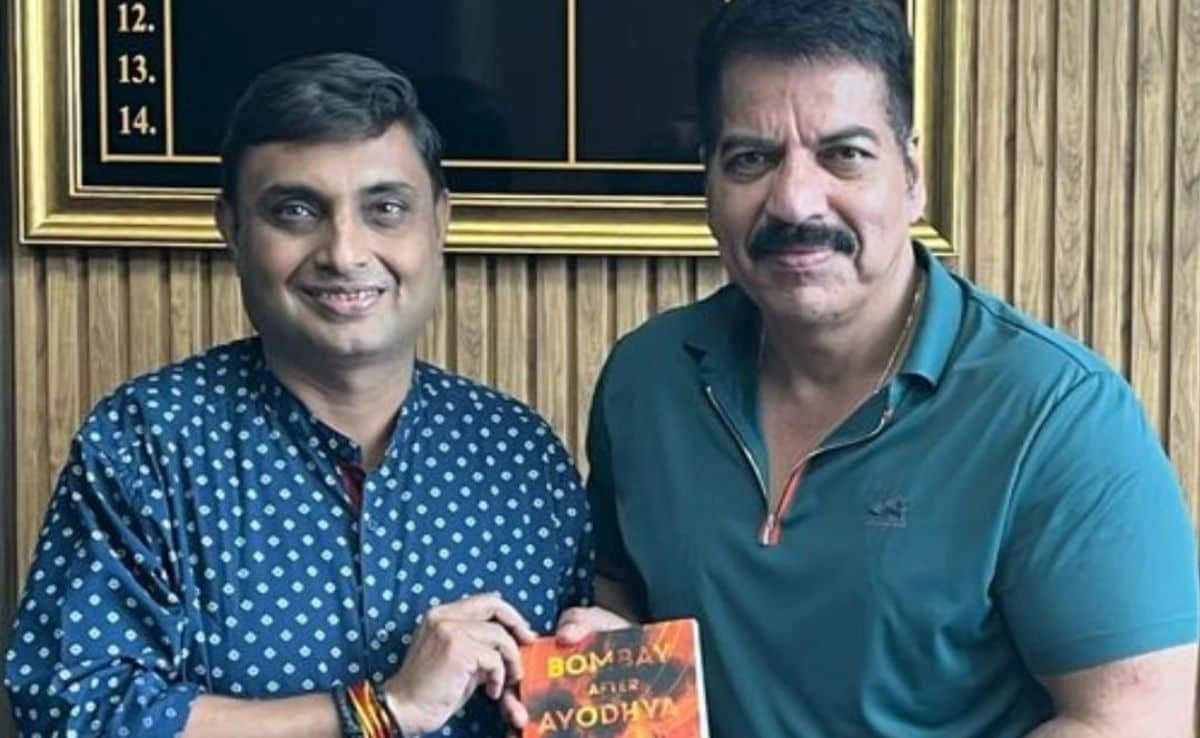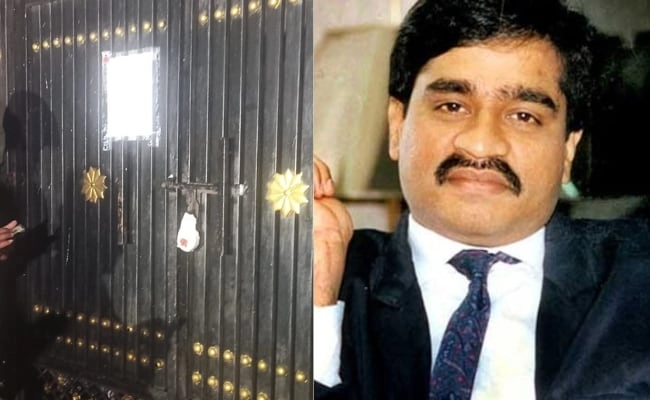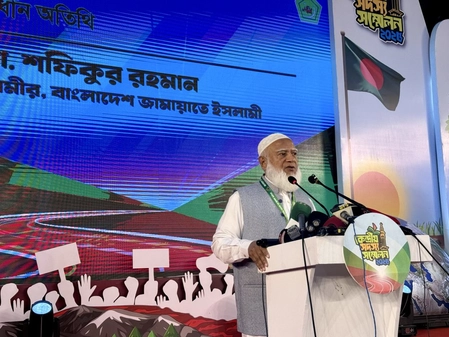Daya Nayak, often referred to as the “Encounter Cop,” is a name that resonates with the complex and often controversial landscape of law enforcement in India. His career, particularly marked by his tenure in the Mumbai Police, spans over two decades and has earned him both accolades and scrutiny. What sets Nayak apart is not just the sheer number of encounters he has been involved in but also the fact that he managed to maintain a low profile for an impressive 21 years. During this time, he developed a reputation for his strategic approach to policing, focusing on intelligence-driven operations rather than brute force.
Nayak’s journey into the world of law enforcement began in a humble setting, shaped by his upbringing and early aspirations. He rose through the ranks with a determination that was evident from the start. As an encounter specialist, his role often placed him in high-pressure situations, facing off against notorious criminals in Mumbai’s underbelly. His ability to navigate these dangerous encounters with a calculated mindset earned him the respect of many within the police force, while also making him a target for criticism from various quarters. The complexity of his character is further enhanced by the ethical dilemmas that accompany his line of work, as the line between heroism and vigilantism often blurs.
Despite the challenges and the tumultuous nature of his profession, Nayak managed to keep his personal life relatively private. His decision to remain silent about his exploits for over two decades speaks volumes about his personality and approach to fame. This silence allowed him to focus on his work without the distractions that often accompany public attention. However, it also left many questions unanswered regarding the moral implications of his methods and the societal impact of his actions. As public debates surrounding police encounters continue to evolve, Nayak’s legacy serves as a focal point for discussions on accountability, ethics, and the role of law enforcement in society.
In recent years, Nayak has found himself at the center of renewed interest, as stories of his encounters and the subsequent legal and social ramifications come to light. The public’s fascination with his life reflects a broader curiosity about the nature of policing in India, especially in a city like Mumbai, where crime and law enforcement are deeply intertwined. His experiences shed light on the challenges faced by police officers in a high-stakes environment and the personal sacrifices made in the line of duty. As the narrative around encounter specialists continues to evolve, Daya Nayak remains a significant figure, embodying the complexities of policing in contemporary India. Through his life story, we witness the struggles, triumphs, and moral questions that define an encounter cop’s existence, making it a compelling chapter in the annals of law enforcement history.




